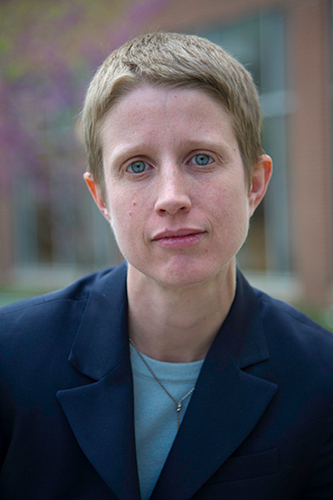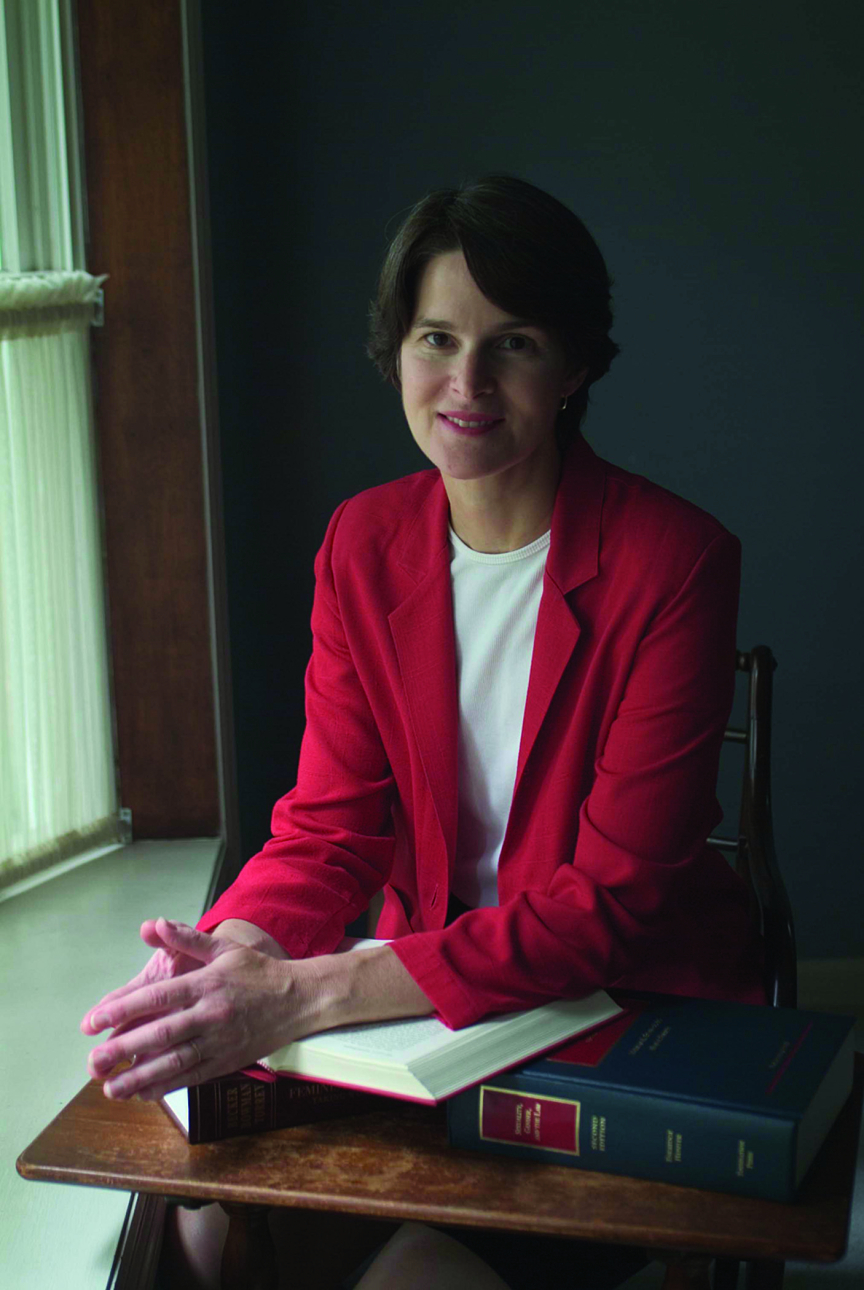Rutgers Law-Camden Experts Comment on Today's Landmark Supreme Court Same-Sex Marriage Ruling
On Friday, June 26, 2015, the United States Supreme Court ruled that the Constitution guarantees a right to same-sex marriage. What are the implications of this historic decision? Scholars at Rutgers Law–Camden share their expertise on what this ruling means:
Perry Dane is a professor of law at Rutgers Law– Camden. His prior writings on same-sex marriage include “Natural Law, Equality, and Same-Sex Marriage,” available at http://ssrn.com/abstract=2338239.
Here’s what Prof. Dane says on the ruling: Justice Kennedy’s opinions in gay rights cases have always reached for rhetorical heights, and some critics confuse that with mushy thinking. But his decision in Obergefell is compelling precisely because it avoids some of the cheap clichés that have marked many prior lower court opinions declaring a right to same-sex marriage. Justice Kennedy, writing for the Court, does not claim that opponents of same-sex marriage are merely bigoted. To the contrary, he acknowledges that many opponents “reach that conclusion based on decent and honorable religious or philosophical premises.” Justice Kennedy does not hold that bans on same-sex marriage are simply “irrational” as some other judges have. Instead, he relies on the fundamental right to marry.
Other courts have only thought it possible to uphold a right to same-sex marriage by hollowing out the significance of marriage itself. But Justice Kennedy does just the opposite. Thus, while the Massachusetts Supreme Judicial Court insisted that civil marriage is a “wholly secular institution,” a mere civil contract, Justice Kennedy emphasizes the “centrality of marriage to the human condition” as reiterated in “untold references to the beauty of marriage in religious and philosophical texts spanning time, cultures, and faiths.” Similarly, Justice Kennedy does not dismiss the link between marriage and procreation. Instead, he holds that one reason “for protecting the right to marry is that it safeguards children and families and thus draws meaning from related rights of childrearing, procreation, and education” (while also insisting that the exercise of the right in particular cases cannot be conditioned on the ability or willingness to have children.) More generally, Justice Kennedy argues that “Far from seeking to devalue marriage, the petitioners seek it for themselves because of their respect—and need—for its privileges and responsibilities.” And, similarly, near the end of the opinion, he writes: “It would misunderstand these men and women to say they disrespect the idea of marriage. Their plea is that they do respect it, respect it so deeply that they seek to find its fulfillment for themselves.”
This is, in short, in many of the best respects, a deeply “conservative” opinion, upholding not only the right to same-sex marriage but the abiding constitutional, cultural, religious, and moral significance of marriage itself.
An assistant professor of law at Rutgers Law-Camden and former LGBTlitigator, Katie Eyer teaches the course “Sexuality, Gender Identity, and the Law.” Her recent writings on marriage equality and LGBT rights are available here: http://papers.ssrn.com/sol3/papers.cfm?abstract_id=2600176 and http://papers.ssrn.com/sol3/papers.cfm?abstract_id=2427272. 
Here’s what Prof. Eyer says on the ruling: The Supreme Court today held that same-sex marriage is constitutionally protected, and must be permitted nationwide. Relying on 14th Amendment Due Process and Equal Protection principles, the Court found that excluding same-sex couples from marriage "demeans" and "stigmatizes" their relationships, depriving them of their constitutional liberty and equality rights. Finding that "[f]ar from seeking to devalue marriage, the petitioners [same sex couples] seek it for themselves because of their respect--and need--for its privileges and responsibilities," the Court concluded that same-sex couples simply "…ask for equal dignity in the eyes of the law…[t]he Constitution grants them this right."
This decision marks a major landmark for the LGBT community, which has long been seeking marriage equality in the state legislatures and in the courts. As of today, it is clear that no state may refuse to permit same-sex couples to marry, nor afford their marriages lesser rights or stature. Same-sex families--which have long lived with the profound uncertainty of whether or not their most important familial relationships would be recognized--are now guaranteed the security that comes with legal marriage in every state in the nation. Moreover, the decision represents an important recognition by the Supreme Court of the equal stature and respect due to same sex couples and their families.
Even so, much work remains to be done for full LGBT equality. Even in the family law domain, questions remain regarding whether states and judges will recognize non-biological gay parents' parent/child relationships in the absence of an adoption, thus potentially leaving many gay parents'
parental rights insecure. And in the employment and public accommodations domains, many states (and the federal government) still lack explicit protections against sexual orientation and gender identity discrimination.
Thus, today's decision, while a momentous step in the LGBT community's struggle for legal equality, still leaves many issues unresolved.
Sally Goldfarb, a professor at the Rutgers School of Law–Camden, is an expert on family law matters related to same-sex partnerships/unions. She has been selected by the American Bar Association (ABA) as a recipient of its 20/20 Vision Award and invited to the White House for a summit on civil rights and equal protection for women. 
Here’s what Prof. Goldfarb has to say: The United States Supreme Court made history today with its decision that the U.S. Constitution requires all states to allow same-sex couples to marry. The decision also held that all states must recognize same-sex marriages validly entered into in other states. The majority opinion, written by Justice Kennedy and joined by four other justices, emphasized the centrality of marriage to American life, and the hardships inflicted on same-sex couples, as well as their children, when they are unable to marry or cannot gain recognition of their marriage in certain states. Rejecting the argument that this issue should be left to the political process, the Court held that both the Due Process Clause and the Equal Protection Clause of the Fourteenth Amendment require states to grant gay and lesbian couples “equal dignity in the eyes of the law.”
This decision is the culmination of decades of political and legal advocacy in support of same-sex marriage, but it does not signify that the movement for marriage equality has finished its work. Several states have introduced or passed laws allowing government and private actors to invoke religion as an excuse for discriminating against same-sex couples who are married or seeking to marry. State family law will need to adapt existing rules, such as those involving parentage, to apply to same-sex couples. Full equality for LGBT individuals and couples remains an unfulfilled goal. Nevertheless, today’s decision is a dramatic and heartening step forward.